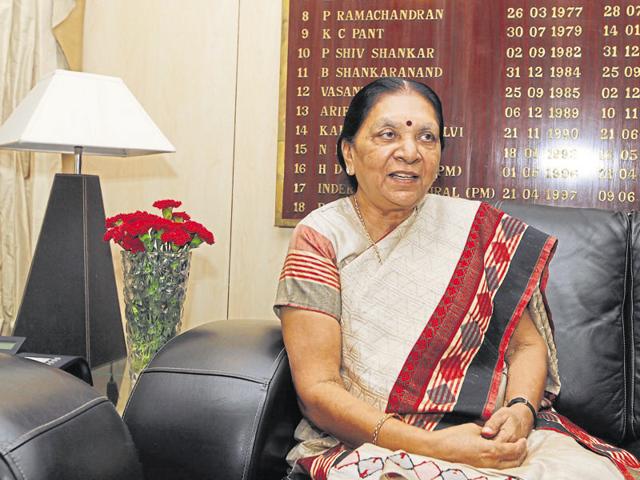With political competition, reservation architecture expands
The Gujarat government’s decision to expand reservations to include the economically backward sections among general castes will have a domino effect across the polity.
The Gujarat government’s decision to expand reservations to include the economically backward sections among general castes will have a domino effect across the polity.

It marks one more instance of how intense electoral competition, and intense competition for government jobs, has led to a relentless expansion of the architecture of affirmative action.
Here is the context.
For the past year, Gujarat’s Patels demanded either their inclusion as an Other Backward Class (OBC) group eligible for reservations or abolition of reservations altogether. The OBCs already benefiting from the system did not want to share the pie, and opposed their inclusion. The Bharatiya Janata Party (BJP) was in a fix. It could neither alienate the OBCs nor did it want to risk the wrath of the Patels. Losses in local elections made the party even more apprehensive.
And so it came up with a new formula. Expand reservations: non-Scheduled Caste (SC), non-Scheduled Tribe (ST), non-OBC families with annual incomes of less than Rs 6 lakh would now be eligible for 10% reservations in government jobs and educational institutions. The legality of the decision is questionable, for reservations now exceed 50% cap set by the courts.
But expect political consequences.
India has witnessed a steady expansion of the framework of reservations. Originally meant only for SCs and STs to redress historic injustice, OBCs became eligible for reservation benefits. These were dominant rural castes, but did not have social assets which come with formal higher education and government employment. The number of groups wanting to be listed as OBC, or even SC or ST, steadily increased over the years.
Gujarat’s new decision now gives a tool to those who are in the ‘general category’ in other states to seek their own inclusion in the reservation framework. Caste groups like the World Brahman Federation have often spoken of making economic status the basis for quotas instead of caste. In states like Uttar Pradesh, headed for polls next year, do not be surprised if powerful upper castes – Brahmans and Thakurs – begin political mobilisation around the issue.
The politics of the ‘general category’ is driven by two key impulses. The first is resentment and a sense of ‘victimhood’ about how they – the ‘meritorious’ – lose out. The second is changing the political economy. Young people are moving from rural agrarian economy to an urban setting; there aren’t enough jobs in the private sector and thus, a government job becomes a key aspiration. Reservation is a tool to enable it.
But all of this has meant the original logic of reservations is now in question. As political scientist Pratap Bhanu Mehta has asked, “Is reservation an anti-discrimination device? Is it to redress historical injustice? Is to overcome backwardness? Is it to create a middle class in each caste group? Is to ensure that the distribution of positions in state institutions should mirror the exact population mix?” He believes it has moved to becoming essentially a power-sharing arrangement.
The Gujarat decision shows that rather than injustice and backwardness, a political assertion can win you reservation benefits. Other ‘general castes’ are watching.




